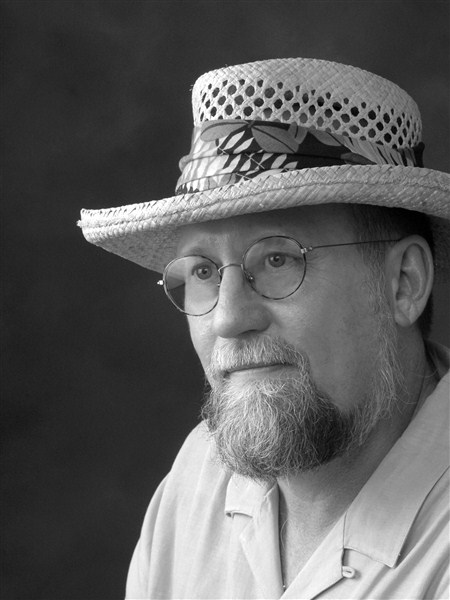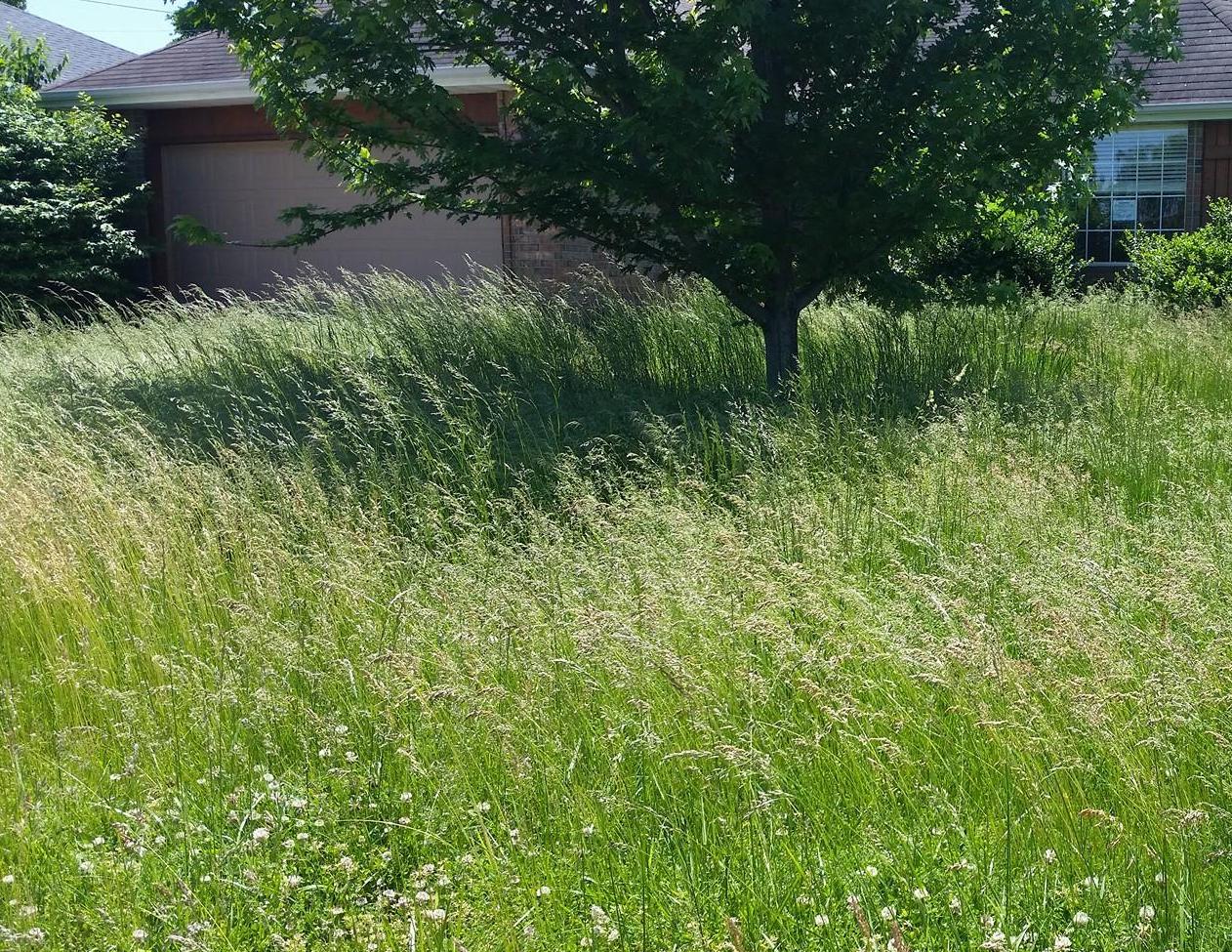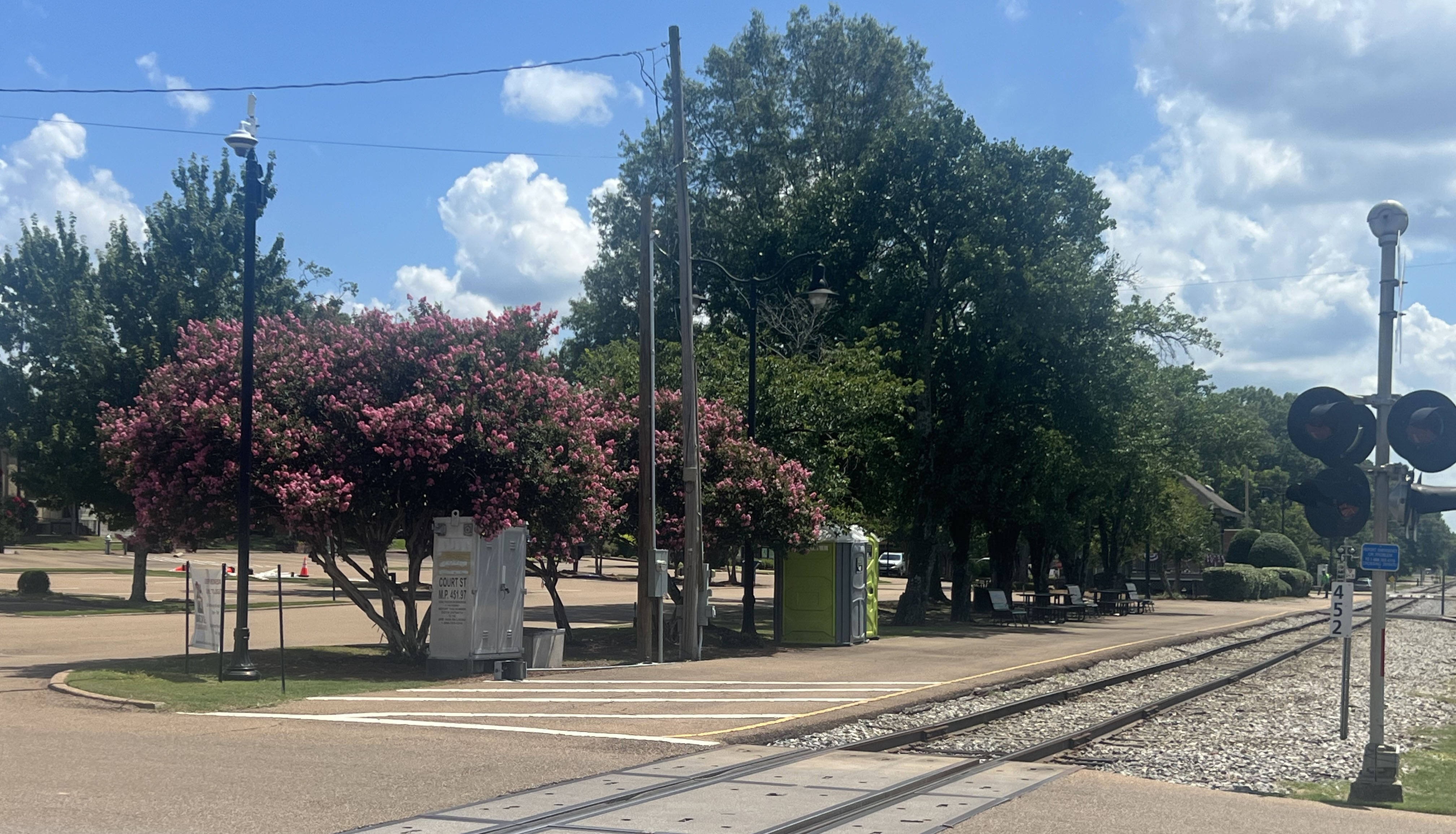A public meeting where you can’t hear isn’t really … 7/12/2013
Published 12:00 am Friday, July 12, 2013

A public meeting where you can’t hear isn’t really …
By John Howell Sr.
One Como resident who has attended the meetings of the Panola County Land Development Commission to learn the outcome of a proposal to put a gravel mine and asphalt plant near the town voiced a valid complaint: People who attend the meetings should be able to hear what the commissioners are discussing around the table.
It’s true. In order to report these meetings, we have found it necessary to sit as close to the meeting table as we can get, and we still have trouble hearing some of the commissioners’ conversations.
The meetings are usually held in the Sardis and Batesville courtrooms. Commissioners are seated around the table where lawyers and clients would be seated during trials. Spectators are seated in the public area of the courtroom and unless voices are raised or the commissioners project themselves as though on stage, the spectators can hear little of what is said.
Trending
There are similar problems at other public meetings, not just those of the land commission, but my Como friend made a statement about it that was so profound that I wished I had thought of it myself:
“A public meeting is not really public if you can’t hear what is going on.”
Public officials — aldermen, supervisors, commissioners, and even lawyers and judges at trials — could render a great public service if they could make sure that the discussions that are supposed to be conducted in public could be heard by the public.
We wuz had
That said, it appears that we were duped by a letter writer whose objections to the gravel mine and asphalt were stated in a letter published in the July 9 edition over the signature of Robert Freeman.
We can’t find Robert Freeman nor confirm that such a person exists. Unfortunately, our usual due diligence to verify identities before printing got short-circuited during the holiday.
For that, we apologize to the landowner and commissioners whose integrity was questioned and to anyone else who thinks they need to be apologized to. (We should clarify that no one has asked for an apology.)
It is unfortunate, because the letter writer made some valid points for the side opposing placement of the operation at the Como site. But by stating that any commissioner’s vote in favor of a permit would be based on a business or personal relationship with the landowner and that they would be lacking in integrity if they voted that way — and then hiding behind a fictitious name — the letter writer demonstrated something of his (or her) own integrity.
Trending
And if there is a real Robert Freeman who wrote the letter and who we’ve missed in our several inquiries and backtracking, then we’ll apologize to him in a subsequent edition.
After we meet him in person and he shows us a photo ID.






